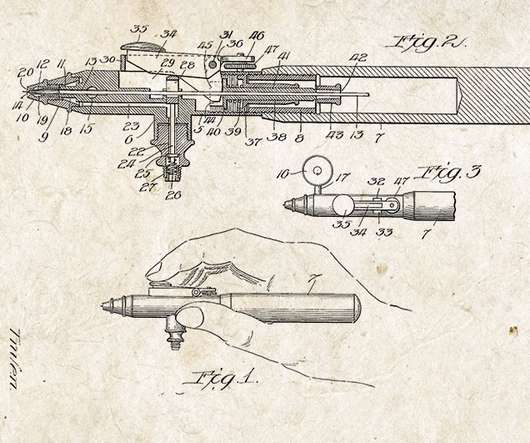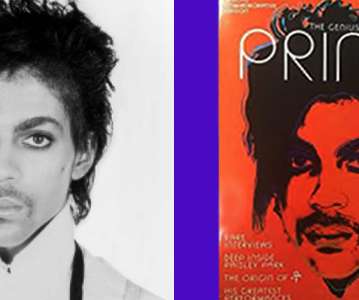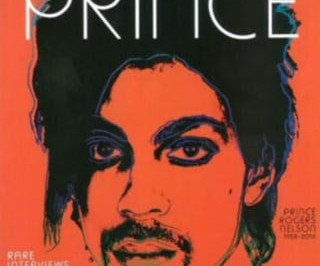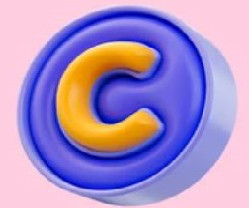Welcome to the Multiverse: Derivative Works
LexBlog IP
AUGUST 31, 2021
.” In other words, when you own the copyright on a particular artistic work, you not only own the right to copy and sell the work, but also the right to create derivative works (modifications or new expressions, based on the original), perform the work in public, and broadcast it.

















Let's personalize your content